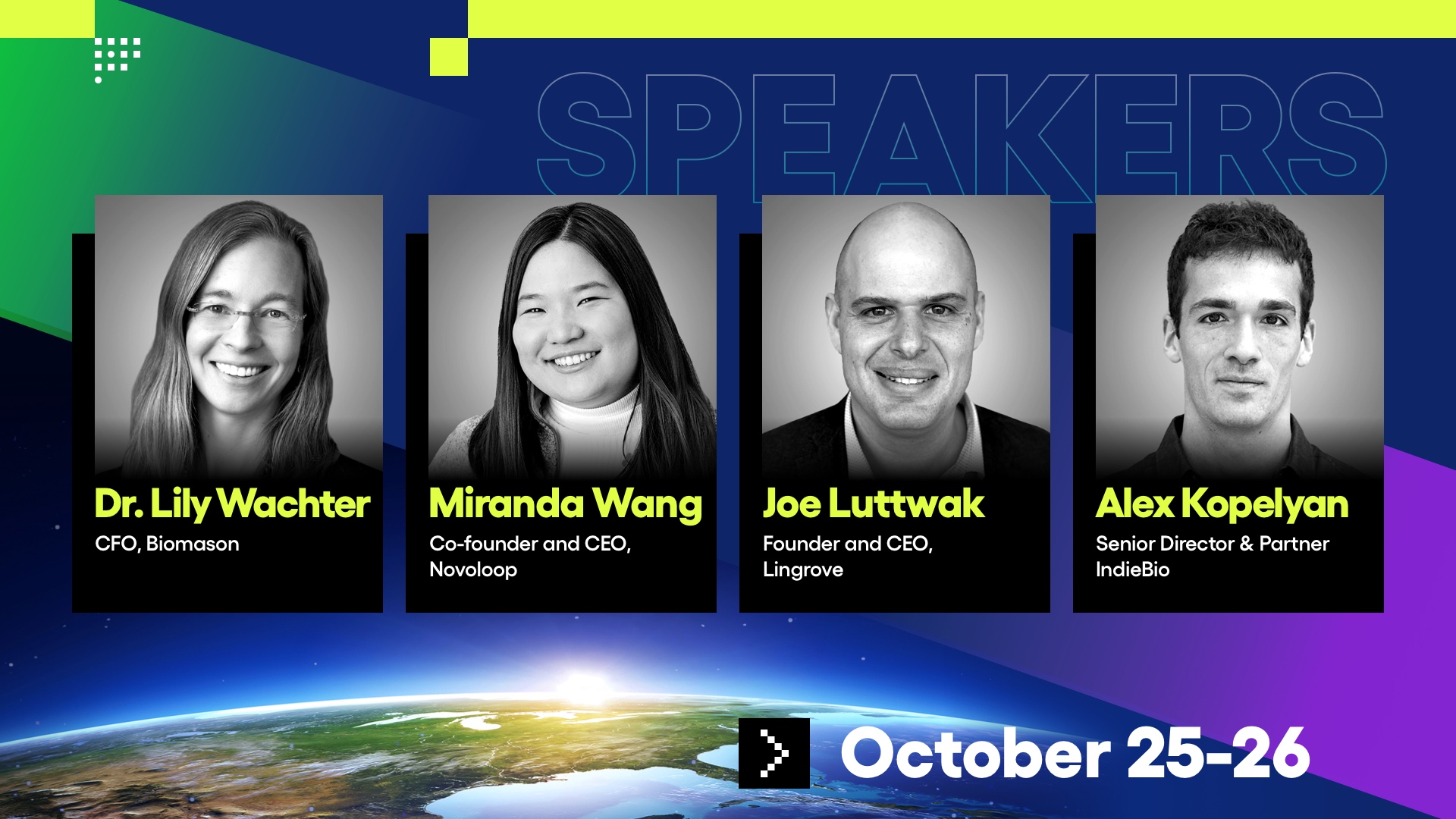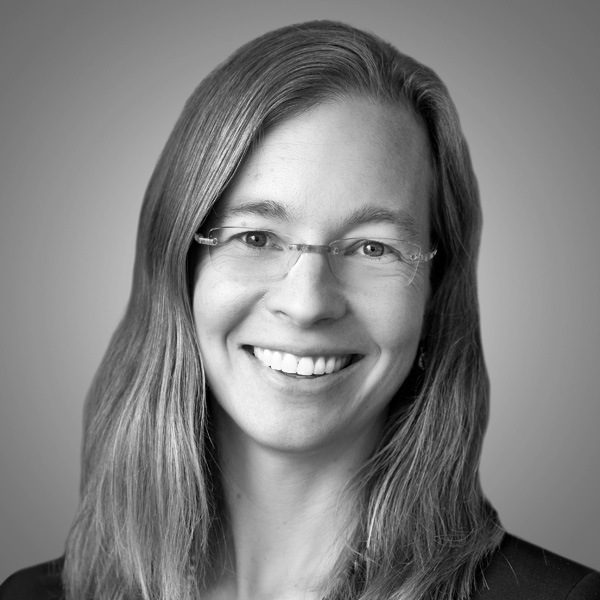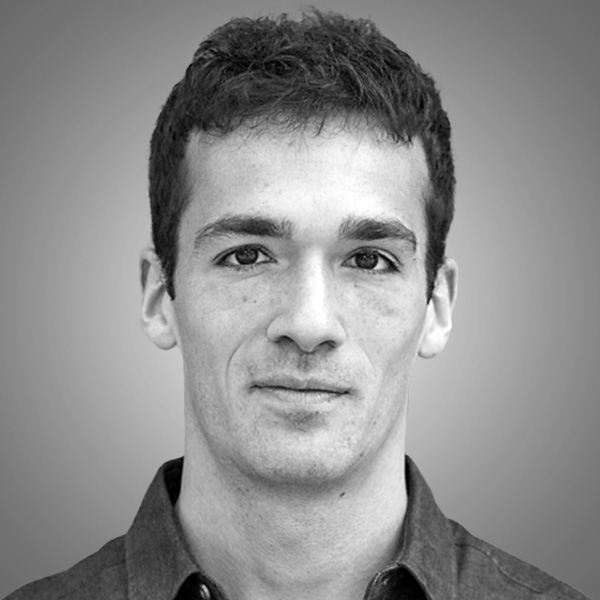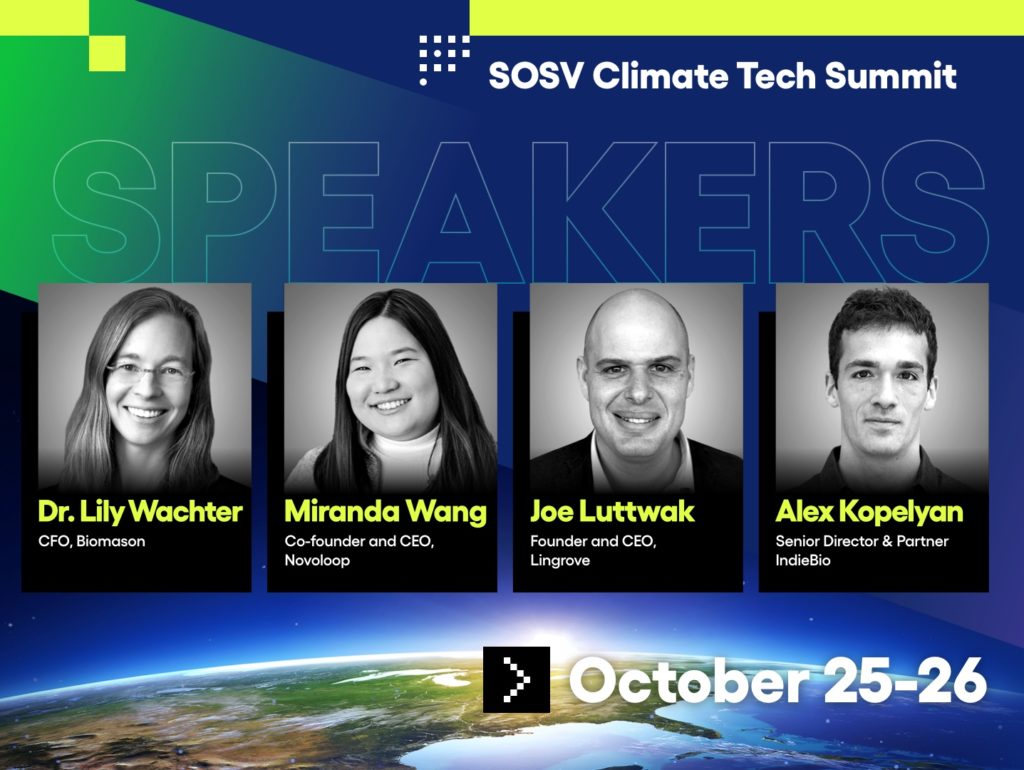
The materials essential to 21st century life are carbon-intensive and rarely reused. CO2 emissions from cement production have doubled over the last 20 years and now account for over 7% of global emissions. Plastics, responsible for 3.4% of global greenhouse gas emissions, have become an environmental nightmare. Only about 9% are recycled while 22% are “mismanaged,” with some 22 million tons leaking into the environment annually—about 10 times the tonnage of all Tesla cars sold worldwide in 2021. Demand for tropical timber continues to fuel illegal logging, a $51 to $152 billion annual industry, robbing the world of biodiversity and a carbon sink.
Could climate tech startups replace or recycle these carbon-intensive materials at a scale that would help our climate? The SOSV Climate Tech Summit (Oct. 25-26) gathered panelists from three materials startups to find out. You can hear what they have to say below.
Dr. Lily Wachter is CFO of Biomason with a long experience in both finance and the bioeconomy. Taking inspiration from marine ecosystems, Biomason is on a path to minimize carbon emissions in the production of building materials. Its Biocement® grows in ambient temperatures, building with carbon to create controlled, structural cement for products or applied services. Initially supported by the NSF with grants, the company went on to raise $95 million from investors including Novo Holdings and 2150.
Miranda Wang, co-founder and CEO of Novoloop, is upcycling polyethylene, the world’s most widely used plastic, into thermoplastic polyurethane (TPU) for sportswear, cars, and electronics. A graduate of SOSV’s IndieBio startup program, Novoloop recently raised a $21M Series A with backers including Taizo Son’s Mistletoe, chemical manufacturer Hanwha Solutions, Envisioning Partners, Valo Ventures, and Bemis Associates, a Novoloop partner in the apparel space.
Joe Luttwak is founder and CEO of Lingrove, also an IndieBio graduate, which makes wood without trees. Its signature Ekoa composite, made from plant-based fibers and resins through a carbon-negative manufacturing process, could replace timber and faux plastic wood in interior designs, furniture, automobiles, and more. Lingrove is scaling up production with Series A backing from Diamond Edge Ventures (DEV), the corporate venture arm of Mitsubishi Chemical Group, SOSV’s IndieBio, and Mayfield.
The panel was moderated by Alex Kopelyan, Senior Director & Partner at IndieBio, who has worked closely with materials startups on business plans, customer discovery, fundraising, communication, and more.
Can we make the material we’re used to, in the quantities we need, without damaging the planet any further?
The Speakers

Dr. Lily Wachter
Dr. Lily Wachter is the CFO of Biomason. She has focused her career on carbon reduction and sustainable development and has spent the past decade leading finance teams at organizations that share these goals. Her experience prior to Biomason included CFO roles at Edeniq, a venture-backed biofuel technology company, and the Fresno Chaffee Zoo. She holds a B.A. in earth and environmental science and a Ph.D. in sustainable development, both of which she received from Columbia University.

Miranda Wang
Miranda Wang is a venture-backed climate tech entrepreneur building the most innovative plastic transformation company. She is the Co-founder and CEO of Novoloop, a low-carbon advanced upcycling and sustainable materials provider that upgrades common plastic waste into performance materials. Miranda’s dream is to build healthy organizations that make our world a better place.

Joe Luttwak
Joe Luttwak is the Founder and CEO of Lingrove. Trained as a product designer, he is a serial entrepreneur, with three successful ventures under his belt as well as extensive experience in product design and development at top-tier global product and manufacturing companies like Ferrari. He has invented a composite technology, Ekoa®, that can replace wood in almost any application with a high-performance, carbon-negative carbon fiber that has a higher strength-to-weight ratio than steel.

Alex Kopelyan
As Senior Director and Partner at IndieBio, Alex Kopelyan is responsible for managing all of the day-to-day operations associated with the program, demo day, and the alumni network. He works closely with teams during the program on customer discovery and sales, as well as with investors, press, and partners to build and sustain the IndieBio ecosystem. Alex comes from a clinical background having earned a PharmD from the University of Iowa.

